Complete Story
05/11/2015
A Follow- up on Direct Messaging
**A follow up to an earlier Blog post by Dr. Snow (Patient-portals-and-direct-messaging-how-do-they-affect-me)
By Dr. Jay Henry,
Q: How would direct email messaging assist optometrists? Explain why it’s important for ODs to talk directly with the primary care physician (PCP) through Direct protocols. What could optometrists share that would be mutually beneficial to other physicians?
A: Direct messaging would allow optometrists, the primary eye care providers, to discuss results and information of shared patients with PCPs and other specialists. Every diabetic patient gets a report sent to the PCP with results of the eye exam. Many times it is the Optometrist who makes the first diagnosis of Hypertension, Thyroid disease, Diabetes, MS, high cholesterol, strokes, and other systemic conditions. When these situations occur, Optometrists need to be able to reach out to the patient's PCP to coordinate care.
Optometrists also see many patients who need to be sent to a specialist or ophthalmologist. ODs refer patients to a specialist / sub specialist and need to send the testing results from the patient’s office visit or a clinical summary from their office visit. A great example is when a patient is sent to a cataract surgeon for cataract surgery. ODs do the majority of the patient's pre-op testing and the post-op care from day 1 after the surgery. ODs need to share this information back and forth with the surgeon.
For a patient with a retinal concern the OD may need to send clinical notes, photos, images, visual field results, OCT results and other information to the retinal specialist so the patient may receive further treatment or surgical intervention.
All of these could be done via direct messaging.
Q: My eye doctor will be examining my eyes next week, and my neurologist wants him to test me because I’ve had an increase in migraines recently. He said he wanted to know about my “pressures.” Can you explain what this means?
A: This scenario would be the same for an Optometrist or Ophthalmologist. Often a specialist or PCP wants further testing done on a patient that the specialist or PCP may not do. In this case the neurologist is concerned that intraocular pressure is high and causing headaches to be worse or that preventative medicine you are taking is causing your eye pressure to be high and this can cause vision loss which is the disease of glaucoma.


